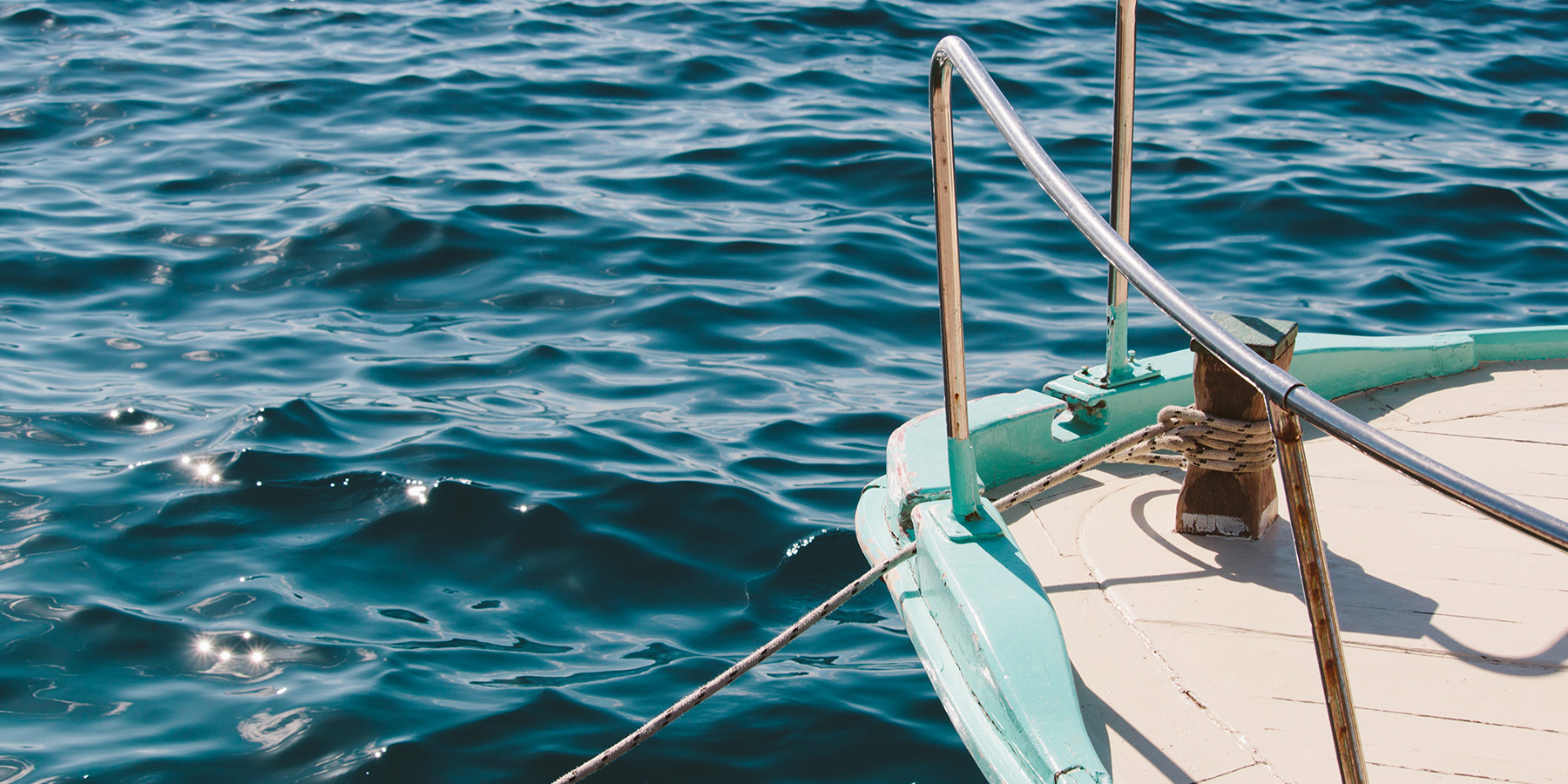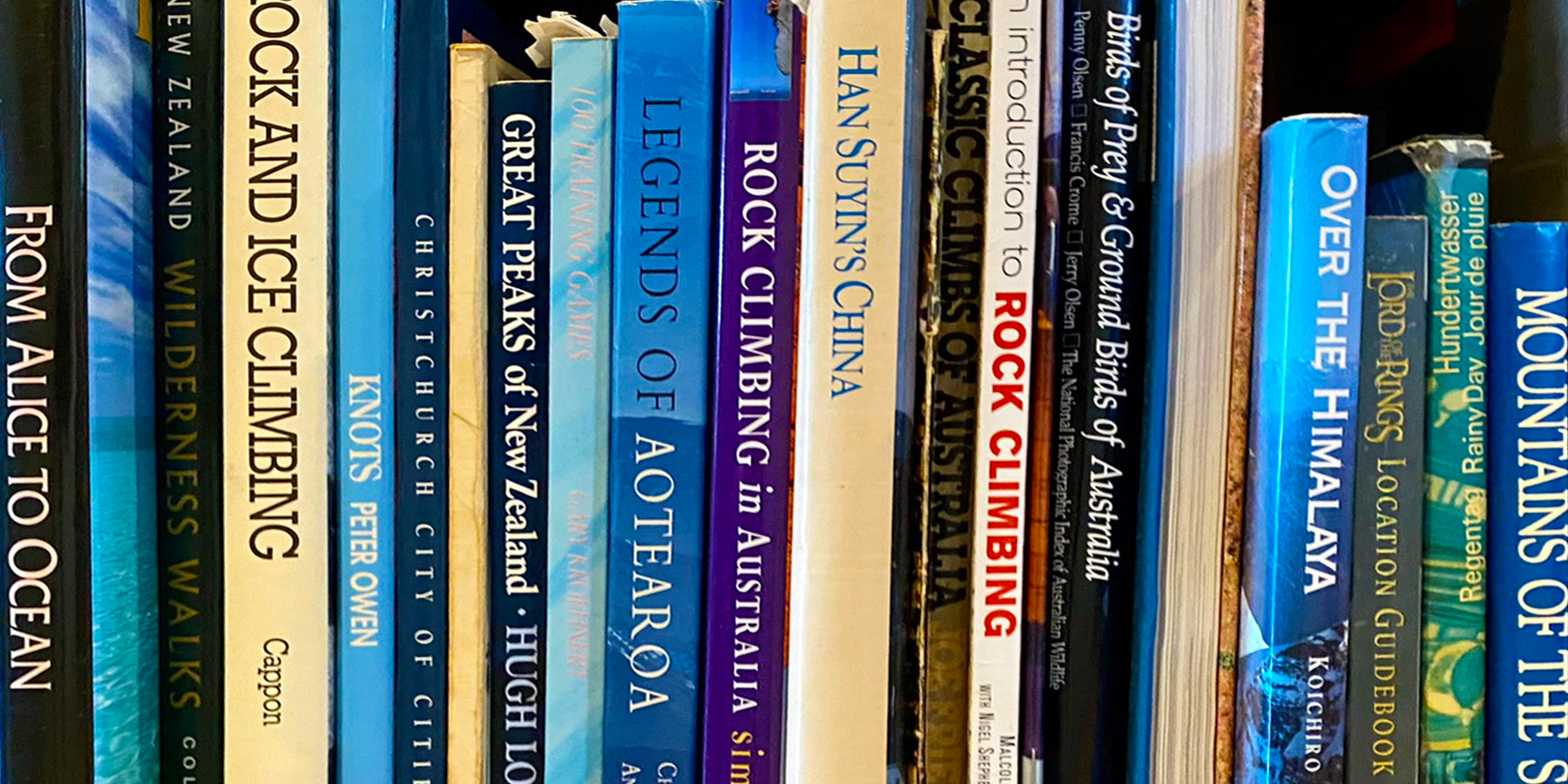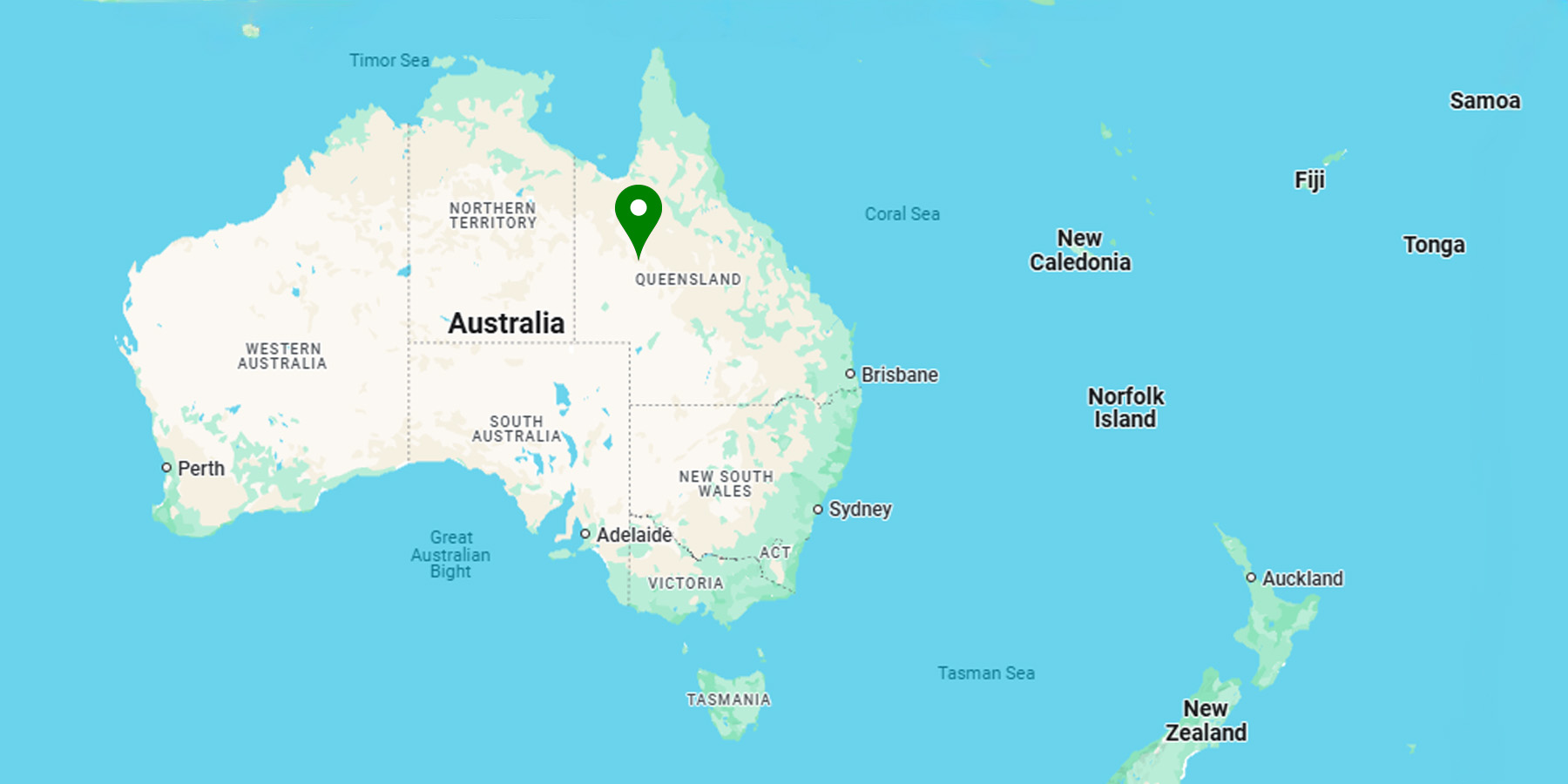What is boating?
Boating is the leisurely activity of travelling by boat, or the recreational use of a boat whether powerboats, sailboats, or man-powered vessels (such as rowing and paddle boats), focused on the travel itself, as well as sports activities, such as fishing or waterskiing. It is a popular activity, and there are millions of boaters worldwide. (Wikipedia)
Recreational Boating & Sailing
MyBoatingLife.com.au covers just about everything there is to know about recreational boating in Australia!
Yachting Australia is the national sporting organisation (NSO) for sailing, and peak body for recreational boating at Clubs, in Australia. It is one of over 90 NSOs recognised by the Australian Sports Commission (ASC).
Yachting Australia is a Federation consisting of eight State and Territory Associations, often referred to as Member Yachting Associations (MYAs).
In turn there are more than 360 affiliated Clubs, who between them have approximately 65,000 registered on-water members.
Safety & Training
Safety Guidelines for Marine Adventure Tourism Operators
AMSA has released new safety guidelines for marine adventure tourism operations. The guidelines are designed to help operators develop, maintain and implement an effective safety management system.
Marine adventure tourism operations include hire, rides, tours or similar activities involving:
- personal watercraft including aerial freestyle devices and hover-boards
- parasailing and towed water sports
- jetboats
- high speed adventure vessels like, fast craft, jetboats, ocean collared vessels.
In the guide you’ll find:
- lists of passenger safety equipment and restraining methods that may be relevant.
- a safety briefing checklist
- example emergency response plans and procedures.
AMSA co-developed these guidelines with experienced operators and associated professionals in marine adventure tourism operations. This helped make sure the guidelines are practical, effective, and tailored to the specific needs and challenges of the industry.
Safety equipment for boats in Queensland
Having the right safety equipment on your boat and knowing how to use it is essential. This could save your life in an emergency.
Maritime Safety Queensland resource
Weather information is essential for the safety and enjoyment of marine-based activities. Organisers should know where to get weather information and understand what it means to safely plan and manage their activity. This guide provides tips on getting weather information and a quick guide to weather hazards and warnings relevant to marine outdoor adventure activities (such as sea kayaking, fishing, and boating)
Download: Weather guide for marine outdoor adventure activities
Queensland Weather Forecast (Weatherzone)
Traffic lights and signs guide drivers on the roads. Buoys, beacons and navigation lights do the same on the water. In Queensland, the system of buoys, beacons, marks and lights used is compliant with the International Association of Marine Aids to Navigation and Lighthouse Authorities (IALA) Buoyage System ‘A’. Each type of mark has its own colour, shape, top mark and light combination. To navigate safely, you need to know each mark and its meaning.
Source:
Julie Hartwig,
Coast Guard Rescue Sunshine Coast, QF5 Noosa
The RQYS Sailing Academy offers a wide range of nationally recognised learn to sail and sailing-related courses in both dinghies and keelboats.
The Academy is an accredited Yachting Australia Discover Sailing Centre that has launched countless sailing careers. Managed by experienced and professional sailing instructors, along with dedicated and fully-trained volunteers, on-water and shore-based courses are conducted regularly throughout the year.
All instructors are qualified through Yachting Australia and place an equal importance on the safety of the student and enjoyment of the course to create the perfect environment for learning.
Queensland Government
Recreational boat and personal watercraft licences
You must have a marine licence to drive a recreational boat that has an engine power greater than 4.5kW. You don’t need to carry your licence with you on the water, but you must have proof of identity with you. You can verify your licence online.
A recreational boat must only be used for recreational activities—not for business, trade or commerce. To drive a personal watercraft or jet ski, you must have a recreational marine licence and a personal watercraft licence.
Safety equipment for recreational boats
Having the right safety equipment on your boat and knowing how to use it is essential—it will save your life in an emergency.
All boats using the waterways must thoroughly understand and apply the International Regulations for Preventing Collisions at Sea (Colregs).
Organisations
Australian Maritime Safety Authority
News, Updates and Media Releases
The Australian Maritime Safety Authority (AMSA) is a statutory authority established under the Australian Maritime Safety Authority Act 1990 (the AMSA Act). AMSA’s principal functions are:
- promoting maritime safety and protection of the marine environment
- preventing and combating ship-sourced pollution in the marine environment
- providing infrastructure to support safety of navigation in Australian waters
- providing a national search and rescue service to the maritime and aviation sectors.
Maritime Safety Queensland is responsible for:
- improving maritime safety for shipping and small craft through regulation and education
- minimising vessel-sourced waste and responding to marine pollution
- providing essential maritime services such as aids to navigation and vessel traffic services
- encouraging and supporting innovation in the maritime industry.
The Transport Operations (Marine Safety) Act 1994 imposes a general safety obligation on all vessel owners and operators, masters and crew to operate vessels safely at all times. This responsibility includes making sure the ship is: safe, properly equipped and maintained, and operated in a safe manner. Read More
Australian Volunteer Coast Guard
The Australian Volunteer Coast Guard is an organisation composed entirely of volunteers. Formed in 1961, its aim is to promote safety in the operation of small craft. It guards the coast in the most effective way: by education; example; examination; and finally by search and rescue.
Coast Guard Flotillas (Australia)
The main objective of the BIA is to support and improve the sustainability of the recreational and light commercial marine industry
Publications
Boating Basics: A Guide to Getting Onto and Maximizing Your Enjoyment on the Water (Marine Queensland)
Click Boatsafe Work Book to download the latest edition.
BoatSafe refresher course (Maritime Safety Queensland)
Related Articles
AMSA Safety Alert: Dangerous Marine Fauna

Australian waters contain a range of dangerous fauna that secrete toxins, inject venom, release or contain poison, harbour dangerous bacteria, give electric shocks or just have sharp teeth. Some can become aggressive once disturbed.
An unwanted encounter with any of these dangerous fauna can happen without warning, so it is essential that you, your crew and passengers are prepared.
Marine stingers
Australia’s marine and estuarine environment is home to numerous types of harmful jellyfish, collectively known as marine stingers. A sting from any of these can be painful, but the sting of the irukandji or the box jellyfish can be lethal.
Sea snakes
At least 32 species of sea snakes inhabit Australian waters.
A small dose of venom is highly toxic, resulting in muscle pain and stiffness, drooping eyelids, drowsiness and vomiting. If it is a serious bite it can cause total paralysis and death. Immediate medical assistance is critical.
Venomous, poisonous or spiny fish
A number of hazardous fish inhabit Australian coastal waters. The most dangerous include stonefish, stingrays, eel-tailed catfish, bullrout, scorpionfish and rabbitfish.
Blue-ringed octopus
Blue-ringed octopi are very small and inhabit tide pools and shallow reefs, but fishers sometimes haul them up on deck with the catch.
Despite its small size, the bite of the blue-ringed octopus carries enough venom to kill 26 adult humans within minutes.
Crocodiles
Crocodiles can be found in both saltwater and freshwater around the northern regions of Australia from the Kimberly region in Western Australia, across the north and down the coast of Queensland, south of Mackay.
Sharks
A number of shark species are prevalent around Australia, including the white pointer, bull shark and tiger shark. Although shark attacks are rare, they can be fatal.
AMSA Safety Alert: Petrol Vapours
Petrol vapours are denser than air so any petrol leaks or vapours can accumulate in a vessel’s bilge, or in low parts of a cabin if the area is not properly ventilated. When petrol vapours mix with air within a specific concentration range, the mixture becomes explosive.

Updates from Australian Maritime Safety Authority (AMSA)

- From 1 January 2021, float-free emergency position indicating radio beacons (EPIRBs) will be mandatory on certain types of domestic commercial vessels …
- Where a vessel is involved in a marine incident, it may need to be reported.
Seasickness and science: Are your ‘sea legs’ in your brain or your muscles?

There’s nothing like the joy of being in a boat on the open sea — fresh air, wind in your hair and… oh wait, the overwhelming urge to throw up …
Find a book!
Search for boating books and DVD’s in the Shop.
(search in Shop Categories)
Discover
Search for boating providers in Discover
(search on ‘boating’ in Select Activity)
Recommend a Resource
Have an interesting or useful resource or link to share?
Let us know by Recommending a Resource








